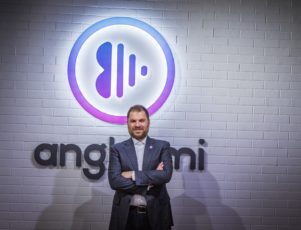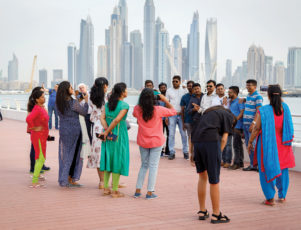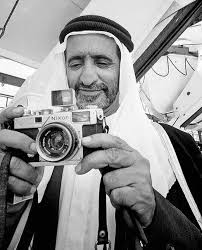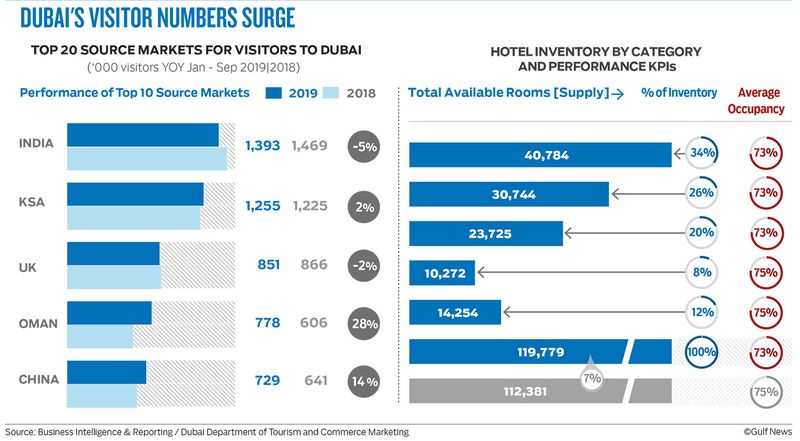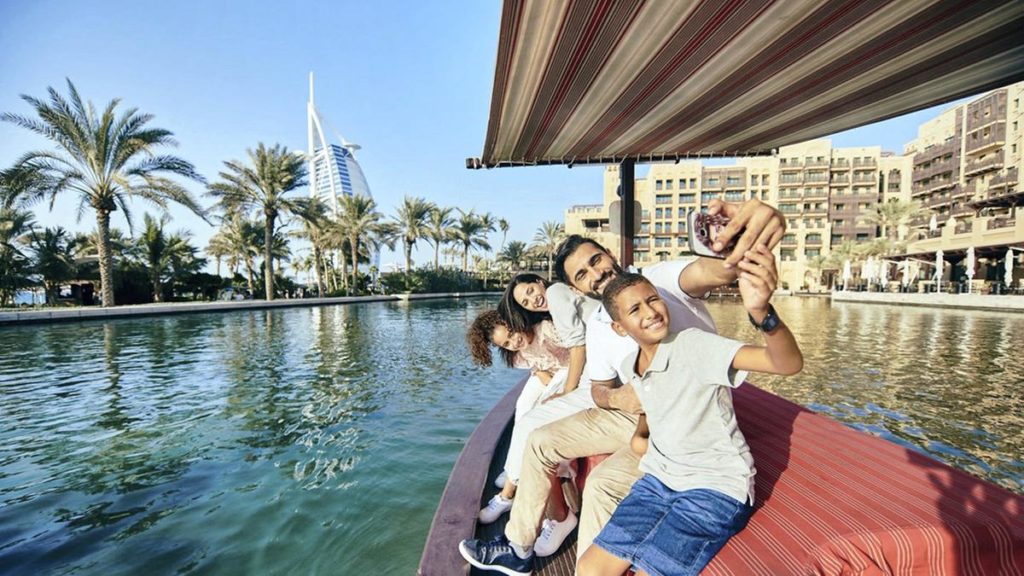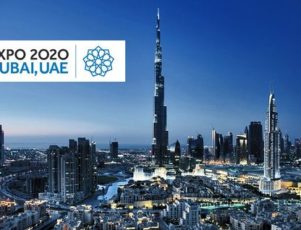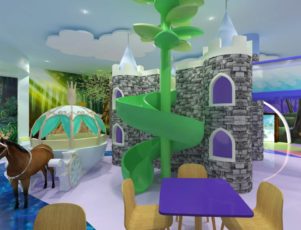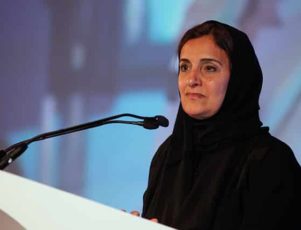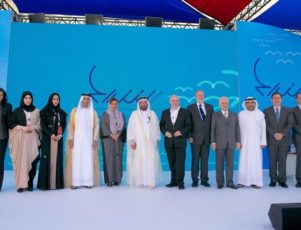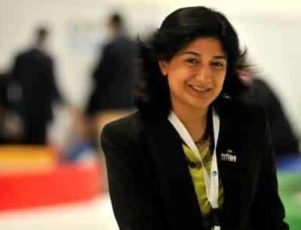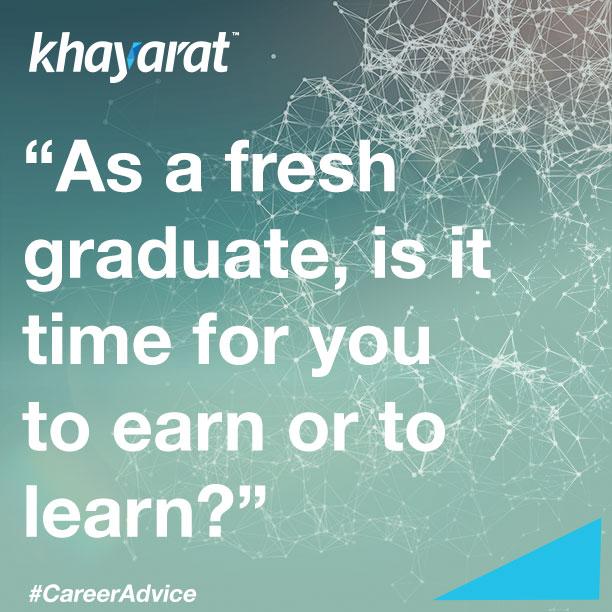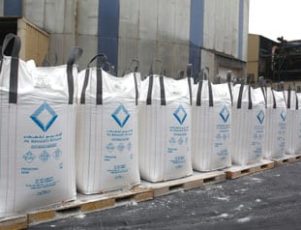Sultan Ahmed Al Suwaidi, the UAE’s Minister of Energy and Infrastructure, has emerged as a pivotal figure in the nation’s ambitious plans to diversify its energy sources and enhance its infrastructure. With a rich history of education and career accomplishments, Al Suwaidi’s mission encompasses significant responsibilities, including addressing controversies and spearheading renewable energy initiatives.
Sultan Ahmed Al Suwaidi was born into a family deeply rooted in the UAE’s development landscape. His early education was marked by a keen interest in engineering and technology, leading him to pursue a Bachelor’s degree in Civil Engineering from a prestigious university. Recognizing the importance of advanced knowledge in managing large-scale projects, he furthered his education with a Master’s degree in Engineering Management.
Al Suwaidi’s career began in the public sector, where he quickly established a reputation for his technical expertise and leadership skills. His early roles involved overseeing major infrastructure projects, including the construction of highways, bridges, and public buildings. His dedication and effectiveness in these roles did not go unnoticed, and he was soon appointed to more senior positions within the government.
As the Minister of Energy and Infrastructure, Al Suwaidi’s mission is multifaceted. He is tasked with ensuring the sustainable development of the UAE’s energy resources, overseeing the maintenance and expansion of critical infrastructure, and promoting the integration of renewable energy sources into the national grid. His vision aligns with the UAE’s broader strategy of reducing its dependence on fossil fuels and embracing a more sustainable and diversified energy mix.
To Reduce The Environmental Footprint of Infrastructure Projects
Like many high-profile leaders, Al Suwaidi has faced his share of controversies. Critics have pointed to delays in some infrastructure projects and questioned the transparency of certain procurement processes. Additionally, there have been debates about the balance between economic growth and environmental sustainability, particularly in the context of large-scale construction projects that may impact natural habitats.
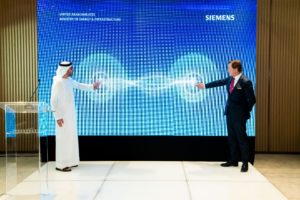
Al Suwaidi has addressed these controversies by emphasizing the importance of robust project management practices and transparent governance. He has also advocated for the adoption of advanced technologies to improve efficiency and reduce the environmental footprint of infrastructure projects. His approach includes engaging with stakeholders, including environmental groups and the public, to ensure that development projects align with the nation’s sustainability goals.
Involvement in Renewable Energy
One of the most notable aspects of Al Suwaidi’s tenure has been his commitment to renewable energy. Under his leadership, the UAE has made significant strides in this area, launching several high-profile projects aimed at harnessing solar and wind energy. The Mohammed bin Rashid Al Maktoum Solar Park, one of the largest solar parks in the world, stands as a testament to these efforts.
Al Suwaidi has also been instrumental in shaping policies that encourage investment in renewable energy. He has worked to create a regulatory environment that supports innovation and attracts international partners. His efforts have not only contributed to the UAE’s energy diversification but have also positioned the country as a leader in renewable energy within the region.
Photos : cbnme.com – siemens.com

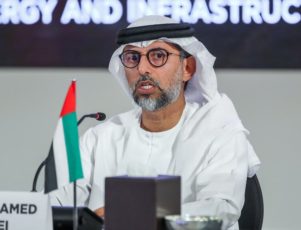
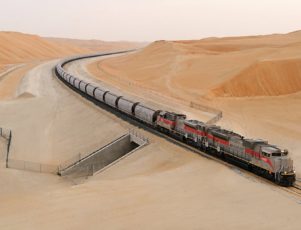
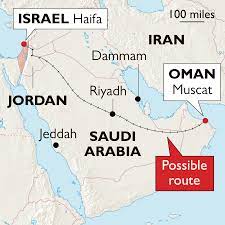 Benefits for everyone involved
Benefits for everyone involved